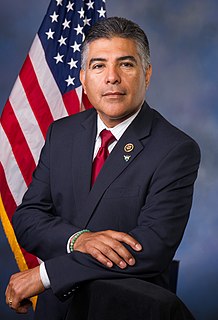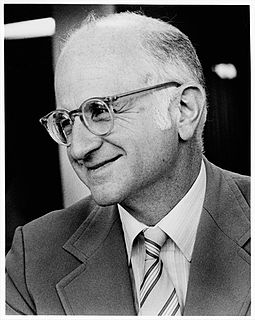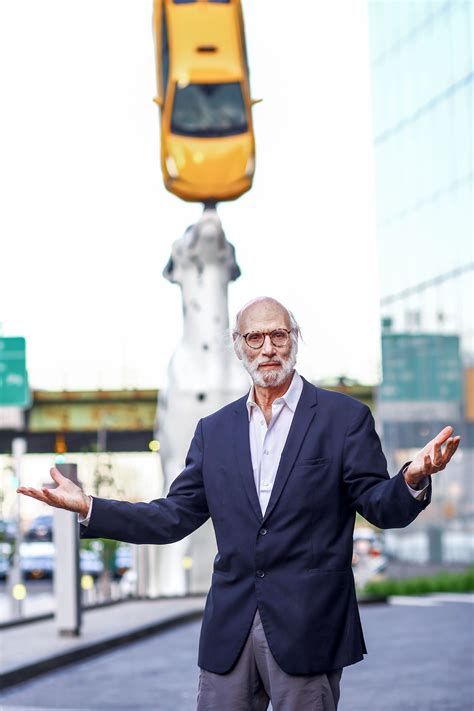A Quote by Benjamin Carson
A truly moral nation enacts policies that encourage personal responsibility and discourage self-destructive behavior by not subsidizing people who live irresponsibly and make poor choices.
Related Quotes
"Judge not, that ye be not judge"... is an abdication of moral responsibility: it is a moral blank check one gives to others in exchange for a moral blank check one expects for oneself. There is no escape from the fact that men have to make choices; so long as men have to make choices, there is no escape from moral values; so long as moral values are at stake, no moral neutrality is possible. To abstain from condemning a torturer, is to become an accesory to the torture and murder of his victims. The moral principle to adopt... is: "Judge, and be prepared to be judged."
To be free people we must assume total responsibility for ourselves, but in doing so must possess the capacity to reject responsibility that is not truly ours. To be organized and efficient, to live wisely, we must daily delay gratification and keep an eye on the future; yet to live joyously we must also possess the capacity, when it is not destructive, to live in the present and act spontaneously. In other words, discipline itself must be disciplined. The type of discipline required to discipline discipline is what I call balancing.
As a rider, you must slowly and methodically show your horse what is appropriate. You also have to discourage what's inappropriate, not by making the inappropriate impossible, but by making it difficult so that the horse himself chooses appropriate behavior. You can't choose it for him; you can only make it difficult for him to make the wrong choices. If, however, you make it impossible for him to make the wrong choices, you're making war.
Unless we believe the gospel, we will be driven in all we do-whether obeying or disobeying-by pride ('self-love') or fear ('of damnation'). Apart from 'grateful remembering' of the gospel, all good works are done then for sinful motives. Mere moral effort may restrain the heart, but does not truly change the heart. Moral effort merely 'jury rigs' the evil of the heart to produce moral behavior out of self-interest. It is only a matter of time before such a thin tissue collapses.
I think that, honestly, people's censorship issues are personal but I disagree with most of those personal choices that I see others make. You know, I watch television and there's a grotesque amount of violence on almost every show that you would watch that comes on past 8:00 pm. And I think my dirty brand of humor is far less destructive to a child's mentality.
In this life we have to make many choices. Some are very important choices. Some are not. Many of our choices are between good and evil. The choices we make, however, determine to a large extent our happiness or our unhappiness, because we have to live with the consequences of our choices. Making perfect choices all of the time is not possible. It just doesn't happen. But it is possible to make good choices we can live with and grow from.
Why have we had such a decline in moral climate? I submit to you that a major factor has been a change in the philosophy which has been dominant, a change from belief in individual responsibility to belief in social responsibility. If you adopt the view that a man is not responsible for his own behavior, that somehow society is responsible, why should he seek to make his behavior good?





































